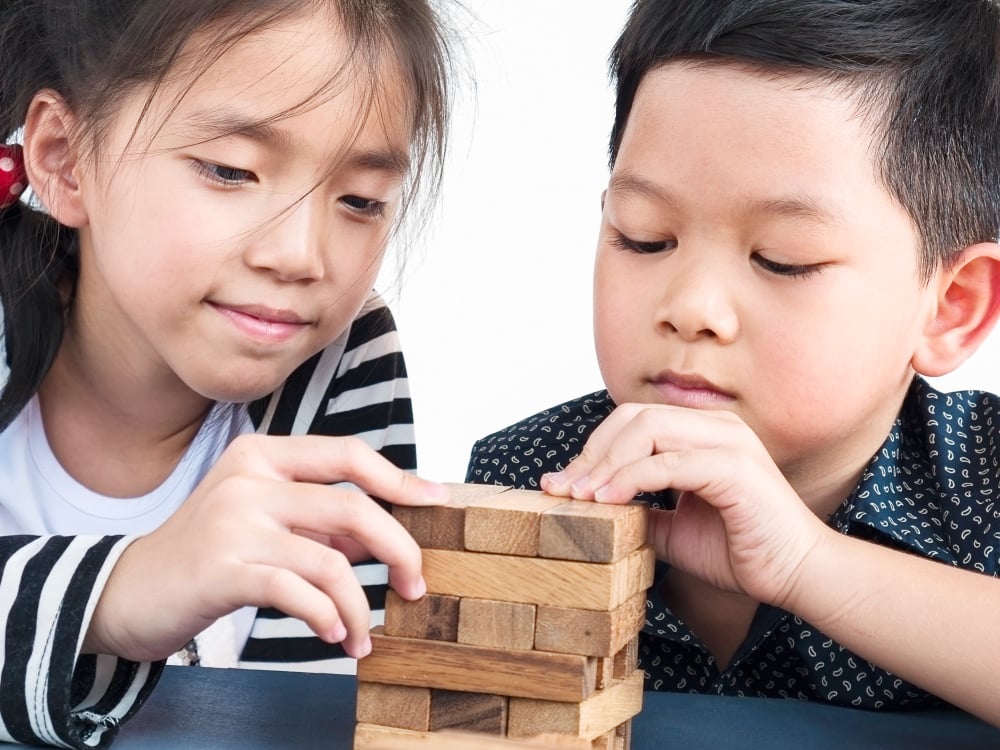Early Childhood Education Socialization: Building Social Skills for Life
Early Childhood Education Socialization: Building Social Skills for Life
Socialization in #early-childhood-education plays a crucial role in a child's #development, laying the foundation for future social interactions and relationships. Through structured and unstructured activities in #preschools and #daycare-centers, young children learn essential social skills that will benefit them throughout their lives.
Key aspects of #early-childhood socialization include:
- Peer Interaction: Children learn to share, take turns, and cooperate with others their age.
- Communication Skills: Through play and guided activities, children develop #language-skills and learn to #express themselves effectively.
- Emotional Intelligence: Children begin to recognize and manage their own emotions while developing #empathy for others.
- Conflict Resolution: Early experiences help children learn to navigate disagreements and find peaceful solutions.
- Following Rules: Structured environments teach children to understand and adhere to social norms and expectations.
- Cultural Awareness: Exposure to diverse backgrounds fosters acceptance and understanding of differences.
- Self-Confidence: Positive interactions and accomplishments build a child's self-esteem and social confidence.
- Independence: Gradually, children learn to function autonomously within a social group.
Peer interaction is a funda #mental aspect of socialization in early childhood settings. It involves children engaging with others of similar age and developmental stage, providing unique learning opportunities that adult-child interactions can't fully replicate.
Key Elements of Peer Interaction:
- Collaborative Play:
- Children learn to work together towards common goals, such as building a block tower or creating an imaginary world.
- This fosters teamwork, compromise, and shared decision-making skills.
- Social Problem-Solving:
- erve and guide these interactions, helping children develop conflict resolution skills.
- Language Development:
- Peer conversations help expand vocabulary and improve communication skills.
- Children learn to express needs, ideas, and emotions to others who may not understand them as readily as adults.
- Empathy and Perspective-Taking:
- Interacting with peers helps children recognize that others have different thoughts, feelings, and preferences.
- This lays the groundwork for developing empathy and understanding diverse perspectives.
- Role-Playing and Imitation:
- Children often mimic each other's behaviors, both positive and negative.
- This helps them explore different social roles and understand cause-effect relationships in social contexts.
- Self-Regulation:
- Group settings require children to control impulses and manage emotions.
- Peer feedback often reinforces socially acceptable behaviors more effectively than adult intervention.
- Friendship Formation:
- Early peer interactions are where many children form their first friendships.
- These experiences shape their understanding of trust, loyalty, and reciprocity in relationships.
Strategies to Promote Positive Peer Interaction:
- Creating inviting play spaces that encourage cooperation
- Implementing buddy systems or peer mentoring programs
- Organizing small group activities that require teamwork
- Teaching and modeling social skills like sharing and turn-taking
- Encouraging inclusive play and helping children invite others to join
Challenges and Considerations:
- Some children may struggle with peer interactions due to shyness, language barriers, or developmental differences.
- Educators need to be mindful of group dynamics and intervene when necessary to prevent bullying or exclusion.
- Cultural differences in social norms and expectations can influence peer interactions and may require sensitive navigation.
Long-term Benefits:
Research indicates that positive peer interactions in early childhood contribute to:
- Better social adjustment in later school years
- Improved academic performance
- Higher self-esteem and confidence
- Reduced risk of #mental- #health issues in adolescence and adulthood
By fostering healthy peer interactions, early childhood education sets the stage for children to become socially competent individuals capable of forming and maintaining meaningful relationships throughout their lives.
Educators and caregivers facilitate socialization through:
- Organized group activities
- Free play periods
- Modeling appropriate behavior
- Positive reinforcement
- Creating inclusive environments
Research shows that children who experience quality socialization in #early-education settings often demonstrate better academic performance, stronger relationships, and improved mental health later in life.
As society evolves, early childhood education continues to adapt its socialization strategies to prepare children for an increasingly interconnected and diverse world.
- Brain Building
- Raising Peaceful Learners: The Montessori Advantage
- CDA Subject Area 3
- CDA Bridge Bundle: Family Child Care without Portfolio Review
- CDA Bridge Bundle: Infant/Toddler without Portfolio Review
- History, Policy, and Practice in ECE
- Letter & Number Planning in Child Care
- CDA Bridge Bundle: Preschool without Portfolio Review
- Meaningful Lesson Planning for Infants/Toddlers
- Child Care Professionals
- The Foundation of Future Success: Why Early Childhood Education Matters
- The Vital Role of Early Childhood Education Teachers
- Nurturing Hearts and Minds: The Critical Role of Social-Emotional Learning in Early Childhood
- The Critical Importance of Early Childhood Education
- Early Childhood Education Socialization: Building Social Skills for Life
- The Critical Role of Professional Development for Early Childhood Educators
- Shaping Futures with Early Childhood Education Training
- The Benefits of Early Childhood Education: Why Starting Early Matters
- Navigating the Path to a Child Development Associate (CDA) Credential in Louisiana
- Future Leaders in Education: Michigan CDA Training
- Unlocking Potential: The Transformative Benefits of Early Childhood Education
- How Early Childhood Education Serves as a Pivotal Stage in a Child's Development
- How to Encourage Creativity in Early Childhood Education
- How to Become an Infant and Toddler Teacher: A Step-by-Step Guide
- How Cultural Influences Shape Child Development
- Your Impact as an Early Educator and Online Resources
- Early Childhood Education